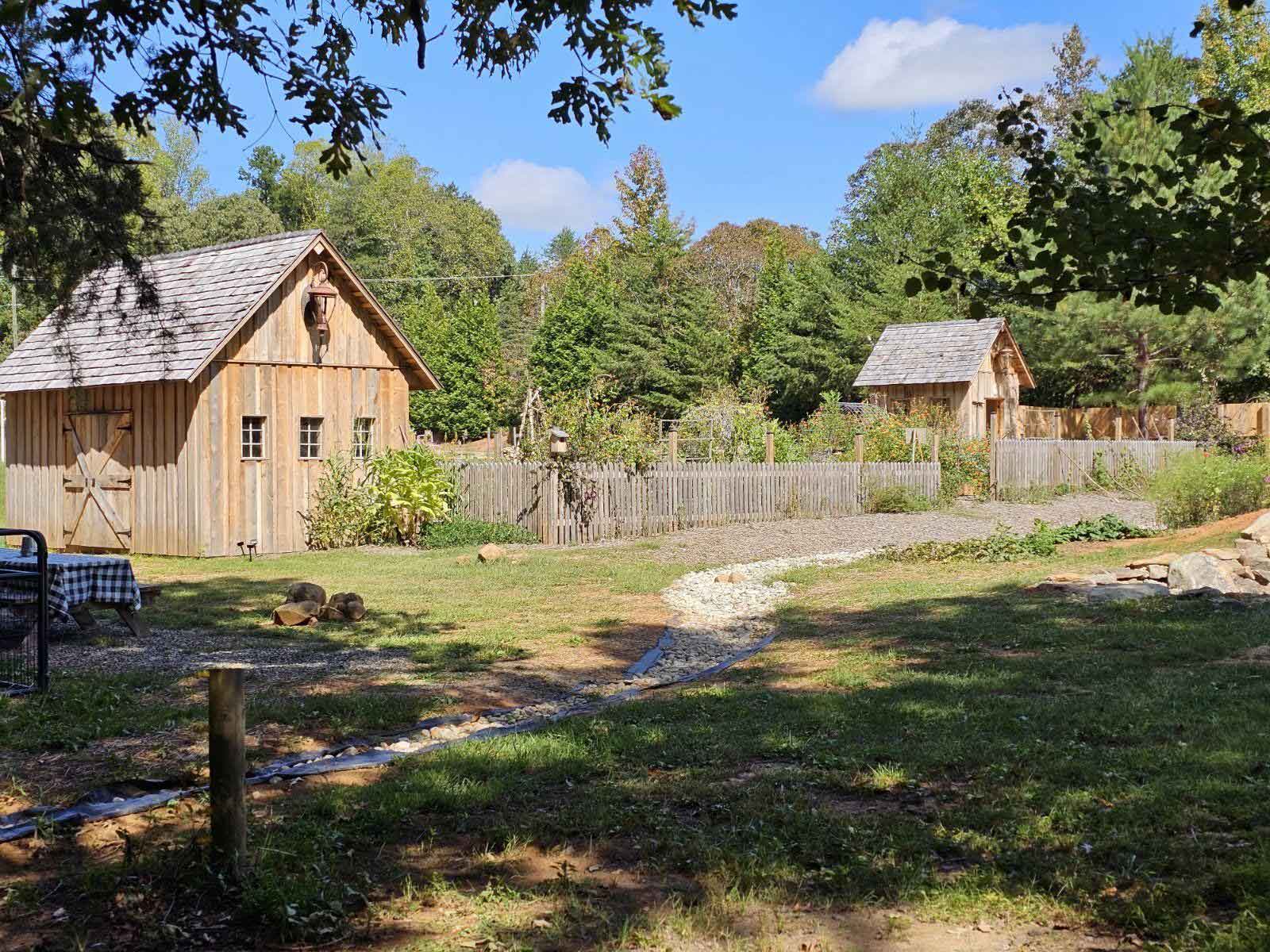In working to create a community at Magnalia that is a “Beacon of Hope,” we’re trying to be intentional in creating spaces that prompt people to experience simple awe and wonder, to think critically, to be rooted and yet forward-thinking — and to seek the invisible things that animate everything visible. This is at the heart of cultivating a vibrant, faith-filled life:
By faith we understand that the universe was created by the word of God, so that what is seen was not made out of things that are visible. (Hebrews 11:3)
It’s been said by many notable authors that every good story is a reflection of The Great Story. And every person is a story unfolding. C.S. Lewis famously observed:
There are no ordinary people. You have never talked to a mere mortal…. Our merriment must be of that kind (and it is, in fact, the merriest kind) which exists between people who have, from the outset, taken each other seriously – no flippancy, no superiority, no presumption.
In this spirit, each gathering place here at the Homestead, existing or envisioned, is connected to the grand story we’re invited to see and to share with other immortals. We connect places with literary figures from times past, who are also connected to our history here. They help create a personal and collective history as part of the experience here that helps create what one writer has called a “Theology of Place.”
Developments on Magnalia’s “Eastern Front” began with Walden Cabin (and the newer Walden Pond), a tribute to Thoreau’s legendary place of contemplation and wonderment. The Village Blacksmith Shoppe is a testament to William Wadsworth Longfellow’s great poem of the same name, an anthem of American ideals. The community garden and garden house is modelled after an 1800’s London gathering place called The Crown & Pepper, and is graced by the works of Samuel Taylor Coleridge who may have had tea there with his contemporaries. The James Herriot Pole Barn is a shout-out to “all creatures great and small” who make their home here.
These structures are — thank God, and thanks to so many of you — now complete. And Narnia Cottage, a tip of the proverbial hat to a guy named Lewis, has just broken ground.
I share all this because it begs a question: why connect places to stories and people past? It’s because classic stories transcend time, people and place: they connect time, people and place to something bigger than our personal experience of each of those things, as Lewis noted:
…In reading great literature I become a thousand men and yet remain myself…. I transcend myself; and am never more myself than when I do.
A friend John Stonestreet wrote about the power of story this week, with reference to two writers, J.R.R. Tolkien and T.S. Eliot. We hope to celebrate (Lord willing) both men as the “literary laureates” of new places underway on Magnalia’s Western Front. Here’s how he described the importance of kindling stories in the midst of our communities.
Tolkien, Eliot, and the Power of Story
Attempt to instruct a group of 12-year-old kids about the importance of duty, honor, perseverance, and friendship by means of a lecture, and the most likely result will be glazed eyes and tuned-out ears. If instead of a lecture, however, the lesson began with, “There once was a tiny creature called a Hobbit, whose name was Frodo. He had hairy feet and a magic ring, and whenever he put that ring on his finger, he’d disappear. But each time he put the ring on, the Ring exercised a dark power over him and attracted the attention of the Dark Lord Sauron.”
That story, the plot of J.R.R. Tolkien’s The Lord of the Rings, is more likely to capture the attention and the imagination of kids, as it has tens of millions before them. And, along the way, they’d learn about duty, honor, perseverance, and friendship. This is the power of great stories.
The best stories are not merely well told, they also wrestle with ultimate ideas. Tolkien remains popular today because his stories stand the test of time. They stand the test of time because they engage with us at the deepest levels of the human condition.
More than 2,000 years ago, Damon of Athens wrote, “Give me the songs of a people, and I care not who writes its laws.” Christian musician and novelist Andrew Peterson has said, “If you want someone to hear the truth, you should tell them the truth. But if you want someone to LOVE the truth, you should tell them a story.”
The power of storytelling should come as no surprise to Christians. After all, Jesus told lots of stories. So have Christians throughout history.
Tolkien and T.S. Eliot were two writers from the last century who exemplify the importance of stories. Because of the success of the Lord of the Rings films, Tolkien is better known today than Eliot, but Eliot stands shoulder to shoulder with Tolkien in terms of literary output and genius. Eliot’s poem “The Hollow Men,” concludes with these better known, haunting lines: “This is the way the world ends / not with a bang but a whimper.” Eliot’s melancholy poem “The Lovesong of J. Alfred Prufrock,” which is still read by most college students, captures the despair of modern man facing this broken world without God. In many ways, Eliot was that modern man, isolated, spiritually lost, despairing.
He converted to Christ. He went on to write magnificent religious poetry, such as “Ash Wednesday” and The Four Quartets. For a time, his work even crossed over into pop culture. For example, his book of whimsical verse, Old Possum’s Book of Practical Cats, became the smash-hit Broadway musical Cats.
Chuck Colson often said that “politics is downstream from culture.” That isn’t always the case, but it often is. This is why great storytellers and poets like Tolkien and Eliot continue to have such an impact on hearts and minds. Their work goes on to inspire.
In fact, a simple way Christians can impact culture is by simply sharing good stories with those around us. We may not be a Tolkien or an Eliot, but we can know and recommend their works. And we can tell the real-life stories of Christian heroes like William Wilberforce and Dietrich Bonhoeffer, of the incredible conversions of St. Augustine and Chuck Colson, and of the work of the Christian heroes of today who love God and neighbor by feeding the hungry and clothing the naked while enduring hardships and persecution.
We should share these stories because like all good stories do, they ultimately point hearts and imaginations to the Greatest Story of All.


——–
P.S. For more resources like this, visit breakpoint.org.
Make sharing easy!


The art of storytelling is such a wonderful thing. I know that in my own life and have relied on it heavily over the years in most all the talks I have given all over the world. Thanks to you all for the story you continue to build at the Homestead. TGBTGGTHHD.
“ We should share these stories because like all good stories do, they ultimately point hearts and imaginations to the Greatest Story of All.” Love this! I’m also a big fan of the Jesus Storybook Bible (Sally Lloyd Jones) for kids and adults alike for this reason!
I think it’s also so important to make sense of our own stories and the places where the story and song of God is woven throughout our own lives… I wonder about ways to create spaces and places for people to contemplate this, linger, and share their stories in community…